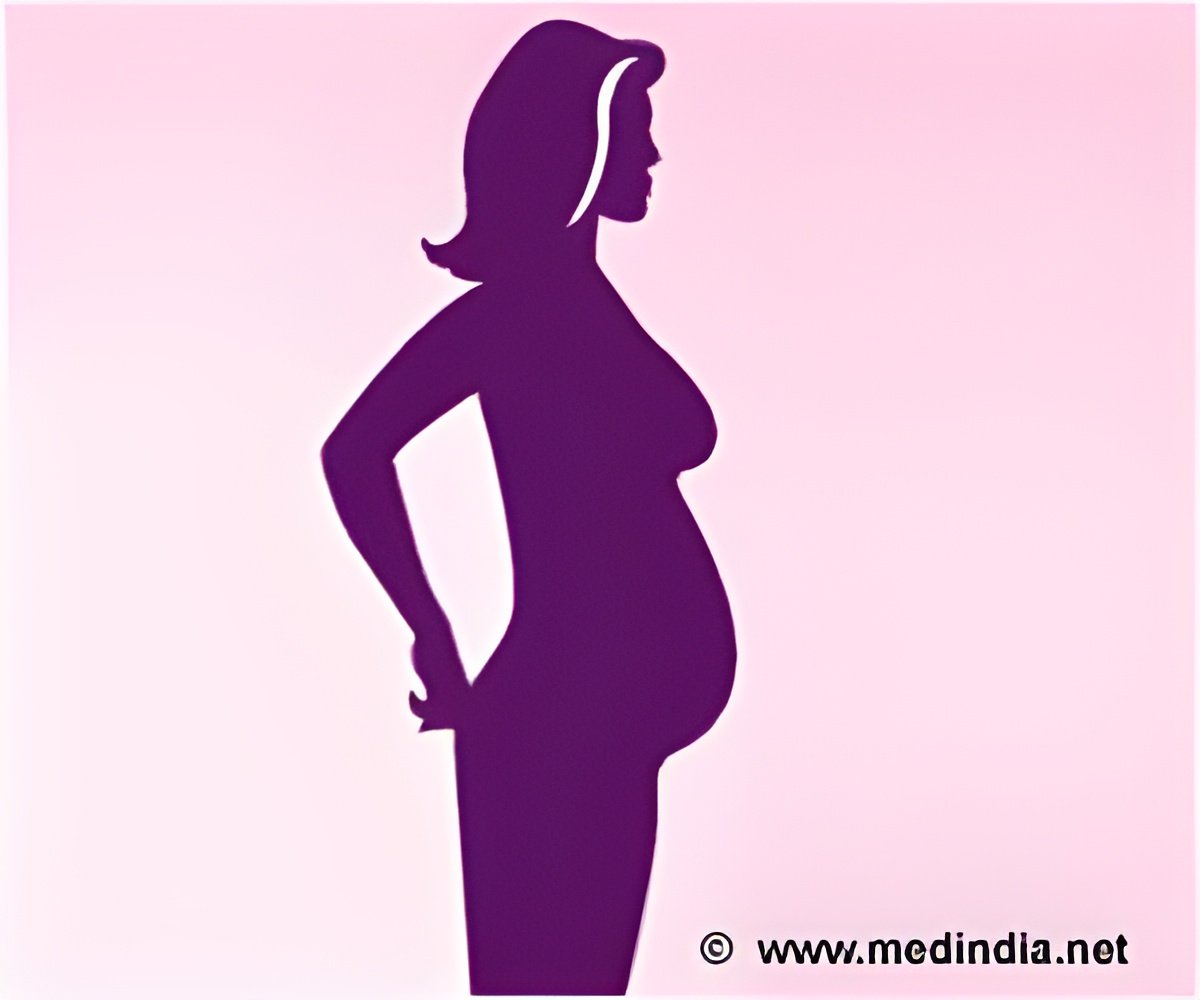A new study reveals that the risk of serious blood clots or venous thromboembolism is high among women who get admitted to hospitals during their pregnancies for reasons other than delivery.
A new study published on bmj.com reveals that the risk of serious blood clots or venous thromboembolism (VTE) is high among women who get admitted to hospitals during their pregnancies for reasons other than delivery.
Clots risk was also high in the 28 days after discharge, with a particularly high rate among women hospitalised for three or more days – and they were more likely in late pregnancy and in women aged 35 years and over. Venous thromboembolism affects 1-2 pregnancies in every 1,000 and is one of the leading causes of maternal deaths in developed countries. In the general population, admission to hospital substantially increases the risk of VTE and, in the UK alone, is responsible for more than 25,000 deaths each year. But it is not clear if the same level of risk exists for pregnant women. So researchers based at the University of Nottingham and Guy's & St Thomas' Foundation Trust in London set out to assess the risk of a first VTE in hospitalised pregnant women compared with rates outside hospital. Using linked primary and secondary care data records, they identified 206,785 women aged 15-44 years, with no previous history of VTE, who had one or more pregnancies between 1997 and 2010. Other maternal and pregnancy associated risk factors and medical conditions that could have affected the results were taken into account. Overall, they found that hospitalisation during pregnancy was associated with an excess risk of 16.6 cases per 1,000 person-years compared with time outside hospital (17.5-fold increase in risk).
There was also an excess risk of 5.8 cases per 1,000 person years in the 28 days after discharge with VTE events more likely to occur in the third trimester of pregnancy and in women aged 35 years and over. Compared with time outside hospital, those with a hospital stay of less than three days had an excess risk of VTE of 4.6 cases per 1,000 person-years, whereas those with a stay of three or more days had an excess risk of 14.1 cases per 1,000 person-years. Results remained broadly similar when adjusted for other factors associated with increased risk of VTE. "To our knowledge, this is the first study to assess the impact of antepartum hospitalisation on the incidence of VTE during pregnancy," say the authors. In light of their findings, they suggest these periods "should receive careful consideration" when assessing which women should receive anti-clotting drugs while in hospital during pregnancy.
Source-Eurekalert















